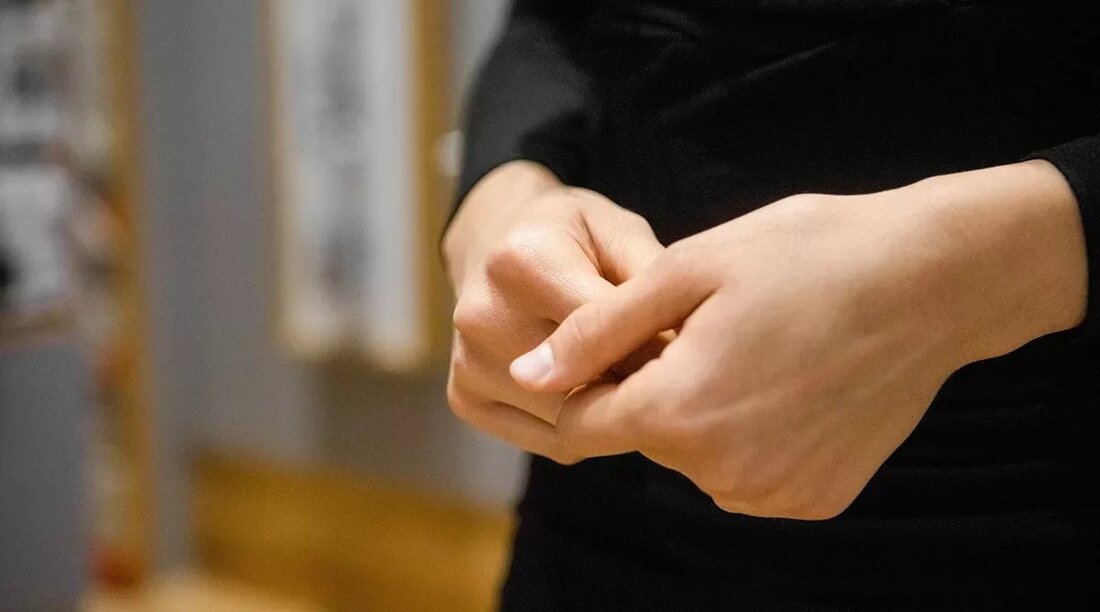Psychotherapy Heresy: Part 1 - Should No One Be Able to Do This?
Throughout my years as a psychotherapist, which is arguably more of an activity than a job title, I have maintained a secret longing that by deepening their consciousness, people develop listening and empathetic skills that enable and empower them to heal themselves and empower others. This idea is a kind of heresy (since the time of Freud and Jung, the status of psychotherapy has sought to elevate itself to religious status), meaning that therapy training, regulation, registration, licensing, and general professional paraphernalia, as someone (I forget who it was) once said, would make Jesus an illegal counselor. But …

Psychotherapy Heresy: Part 1 - Should No One Be Able to Do This?
Throughout my years as a psychotherapist, which is arguably more of an activity than a job title, I have maintained a secret longing that by deepening their consciousness, people develop listening and empathetic skills that enable and empower them to heal themselves and empower others. This idea is a kind of heresy (since the time of Freud and Jung, the status of psychotherapy has sought to elevate itself to religious status), meaning that therapy training, regulation, registration, licensing, and general professional paraphernalia, as someone (I forget who it was) once said, would make Jesus an illegal counselor.
But as I have personally endured the rigors of personal therapy over many years, both theoretical and experiential training, therapist supervision, etc., which give me tremendous respect for the "profession" of psychotherapy, I feel and hold internally that therapy is a natural response to human problems - and a response that has become complex and to some extent extreme - a response that may be too complicated to what is probably the craziest world the human species has ever lived in.
In the pursuit of happiness, we inevitably move further away from it. Of course, this is because we are going in the wrong direction. Happiness is internal – not external. Or to put it a little more clearly: Unless you have dismantled the inner seam of happiness in the inner realms, you cannot expect a person or event in the outside world to bring you happiness. It is the same argument as the one that says you cannot understand, perceive or experience God if there is no part of God within you (actually you do not experience God because the spiritual realms operate according to completely different laws that transcend the relative world, but here we have actually entered deep waters) and of course this too would have been a heresy not so long ago, before the holistic era in which we currently live.
It is this business of the inner world (or inner inquiry or inner journey) that tends to put off outwardly oriented people (i.e. most of us). After all, for inner exploration, you have nothing to show externally - no photos, no certificates, no medals - only the subjective benefits that can have a positive impact on your life. We live in a time of overwhelming materialism in which the individual is valued like never before in human history. What we possess – how many qualifications, achievements, belongings – defines us in a world that is primarily attuned to manifested individual wealth.
Before rejecting this argument, note that the predominant communication between individuals is professional activity, material struggle and achievement, what they have done, where they live, how many children or grandchildren they have. Rarely will they talk about internal states of emotionality, spirituality, energy, psychic experience, or interpersonal intimacy skills. At least this is by no means commonplace.
But it is precisely in this area of inner experience that life becomes meaningful and therefore worth living. Only when we can be with ourselves and fully inhabit the inner realms can we come close to our true potential, develop as people and live a reciprocal relationship with the outside world that is nourishing and enriching, vibrant and authentic.
In order to be with ourselves, we must truly learn the skills that enable and enable us to be with others. This is the topic I will discuss in the second part of this article.
Alternative practitioner psychotherapy
The best place to find alternative practitioners psychotherapy is in our free alternative practitioner directory. To view all alternative psychotherapy practitioners, please click here.

 Suche
Suche
 Mein Konto
Mein Konto
